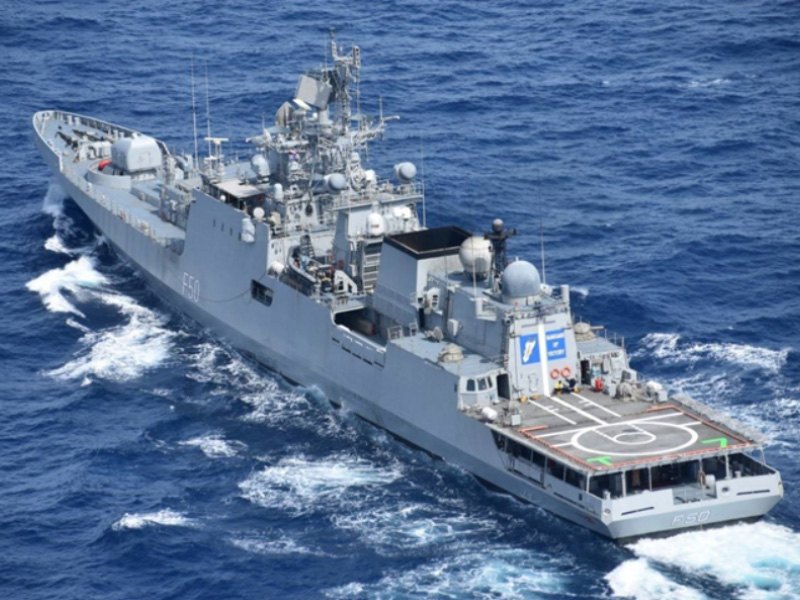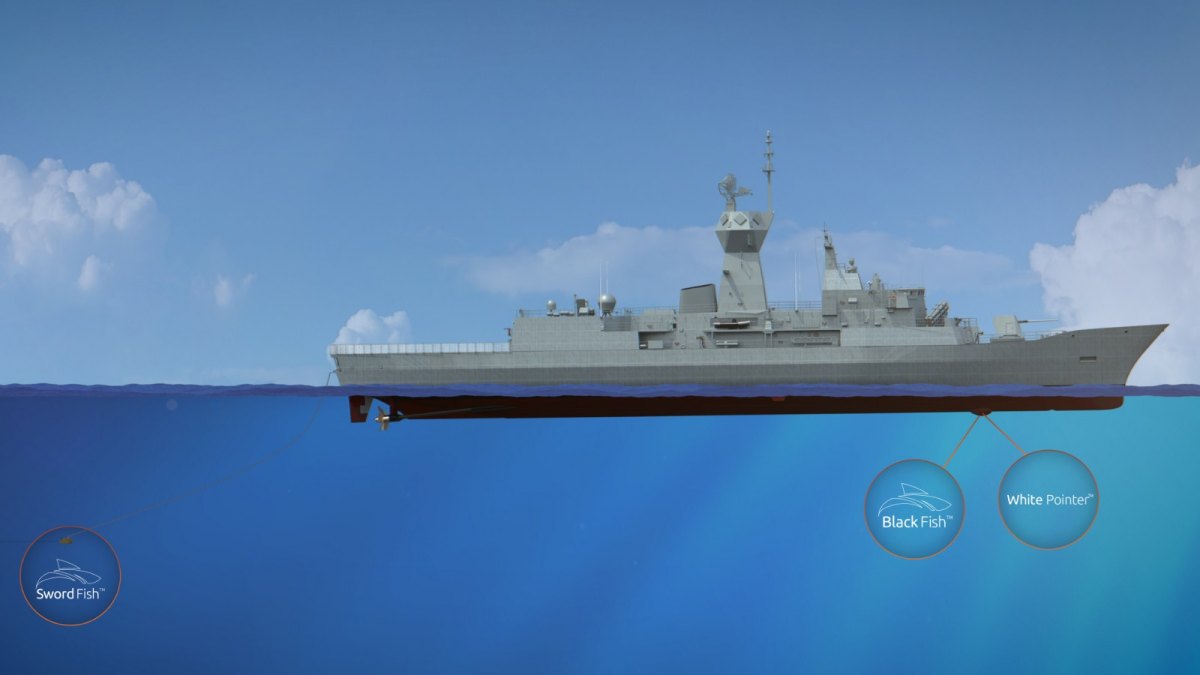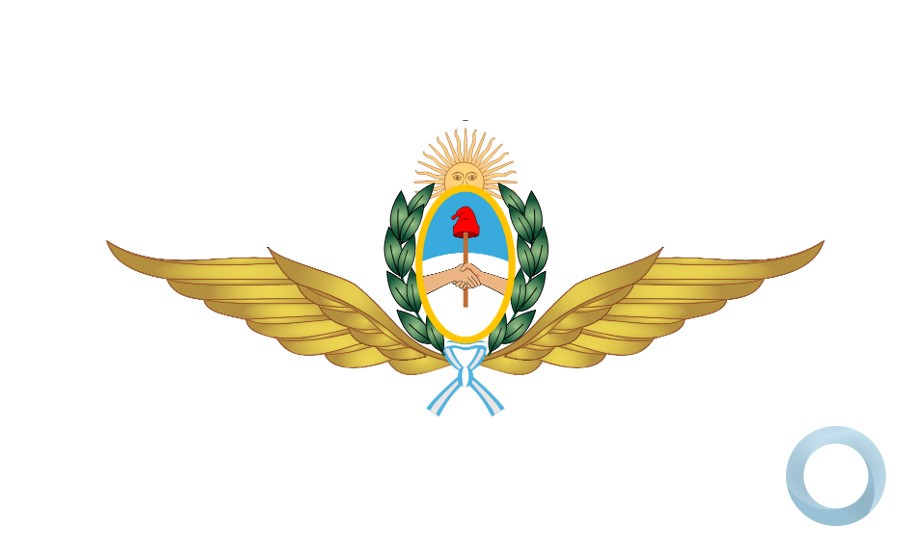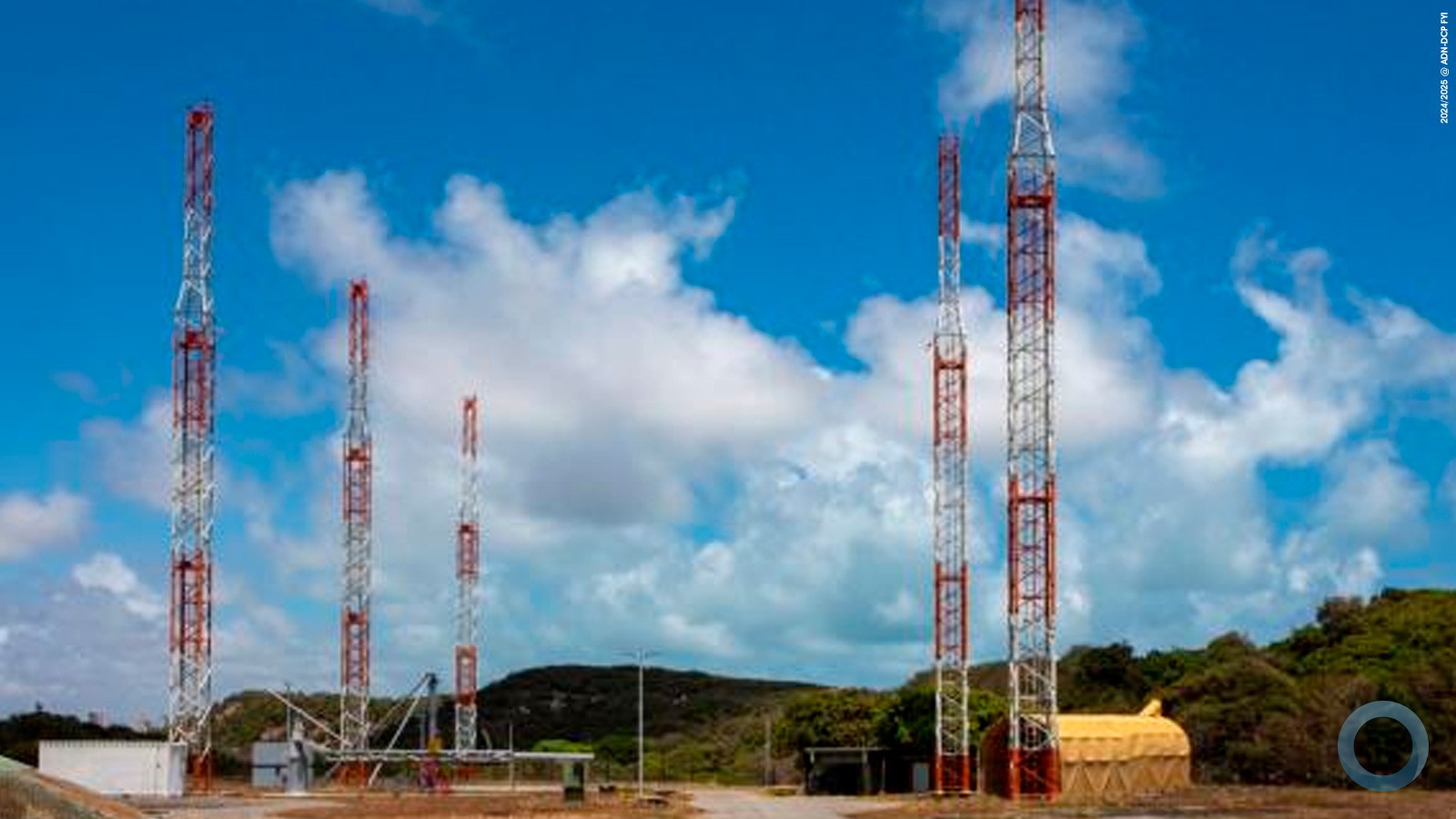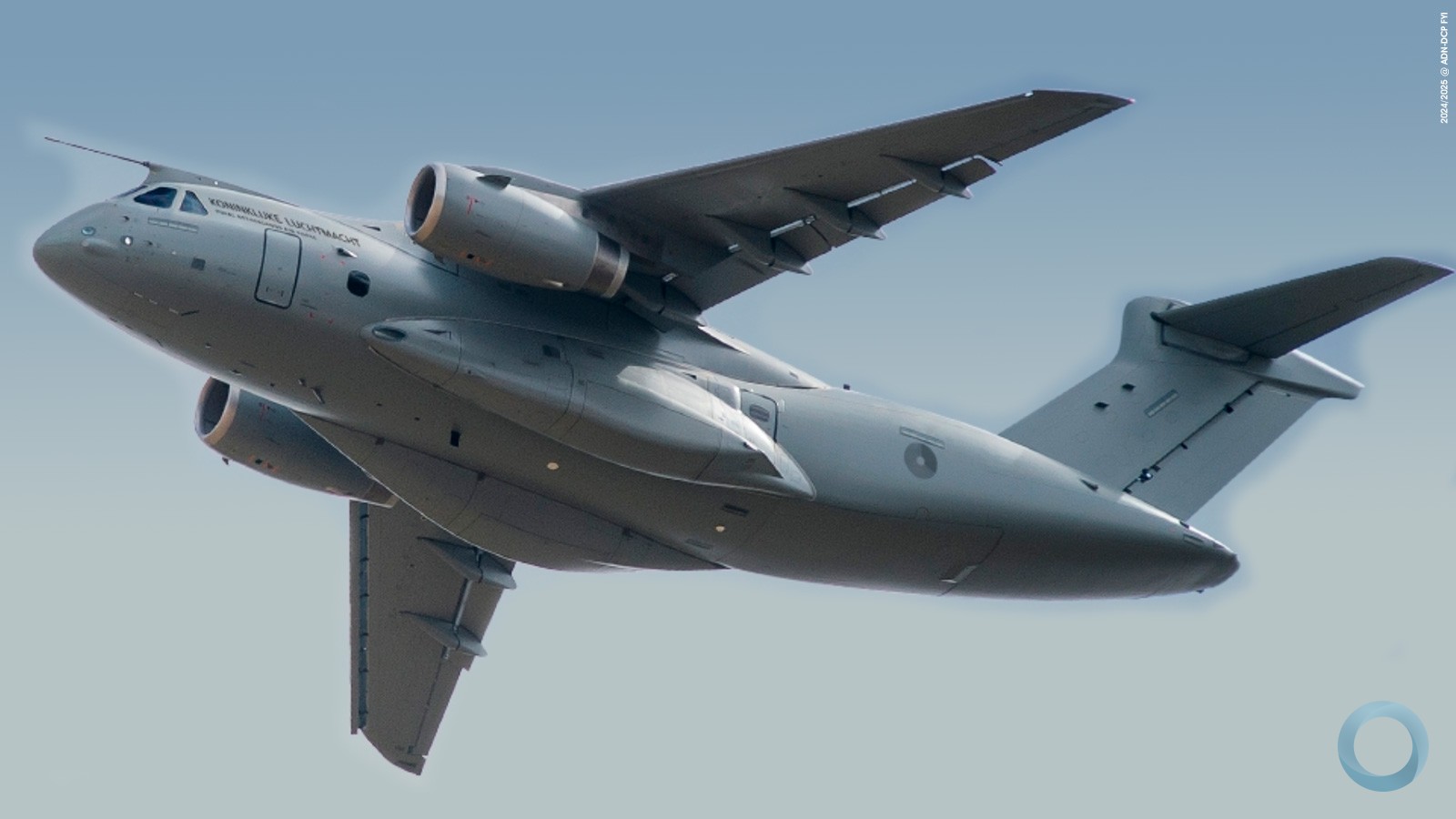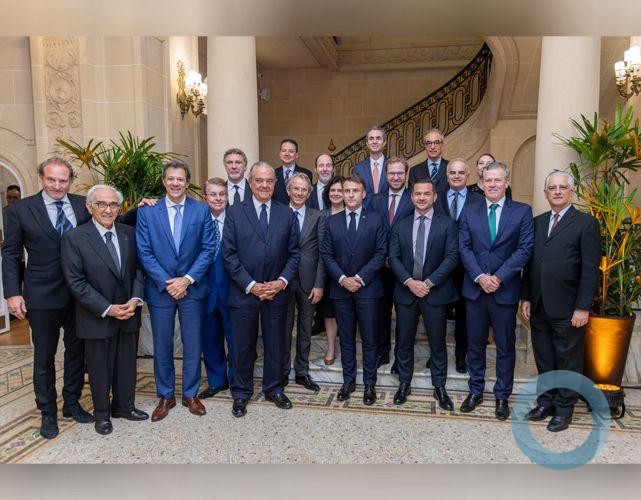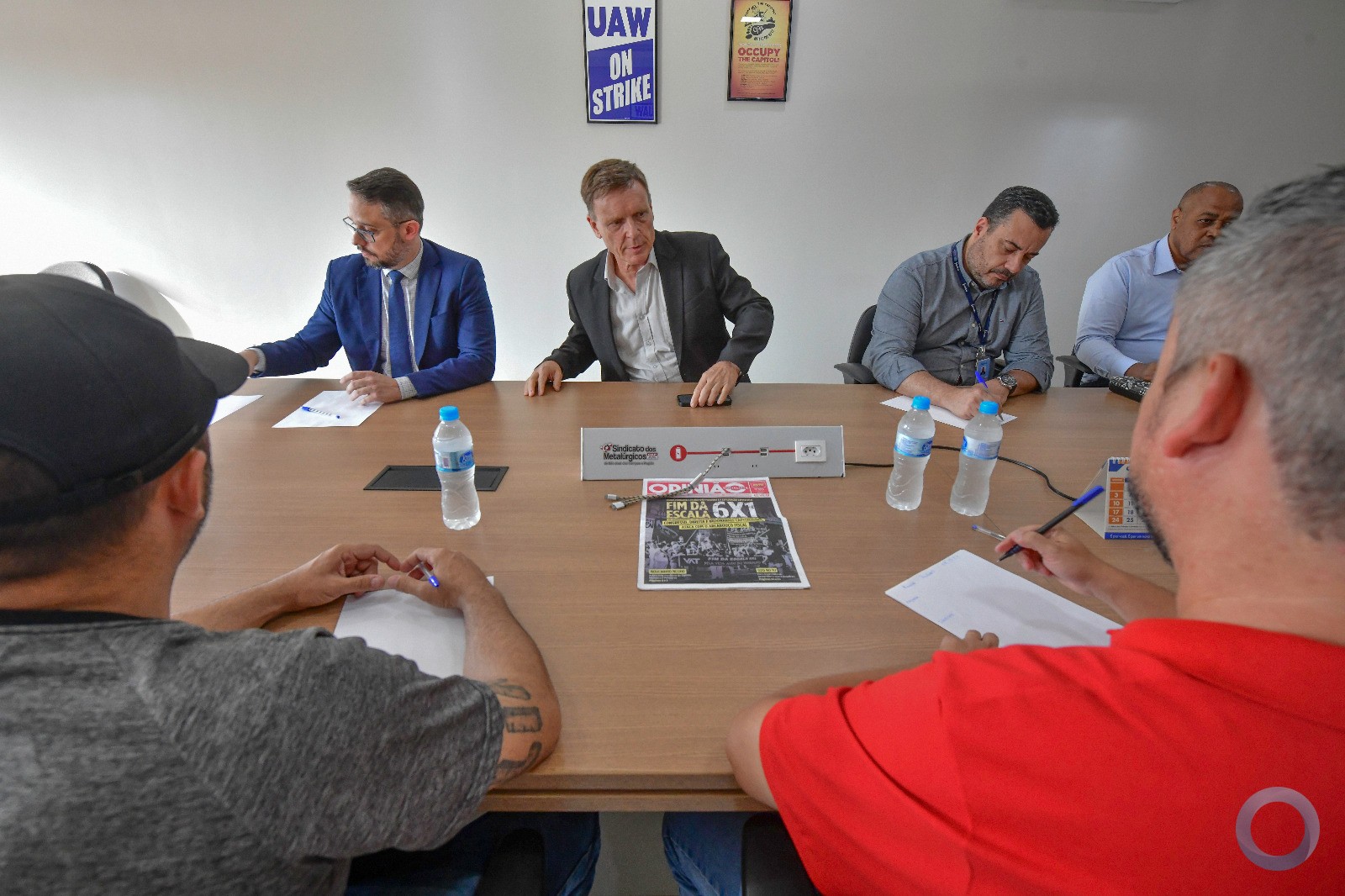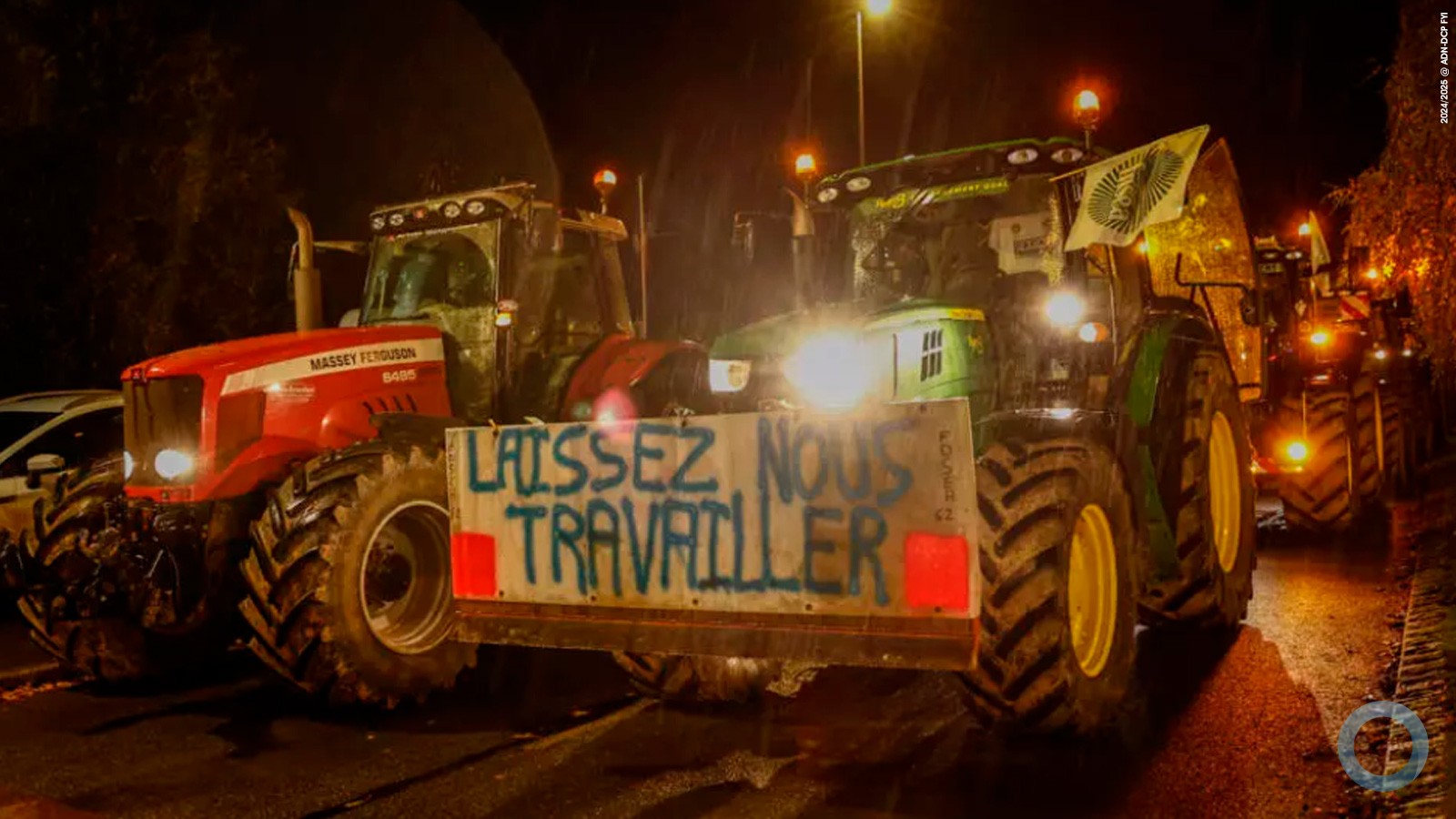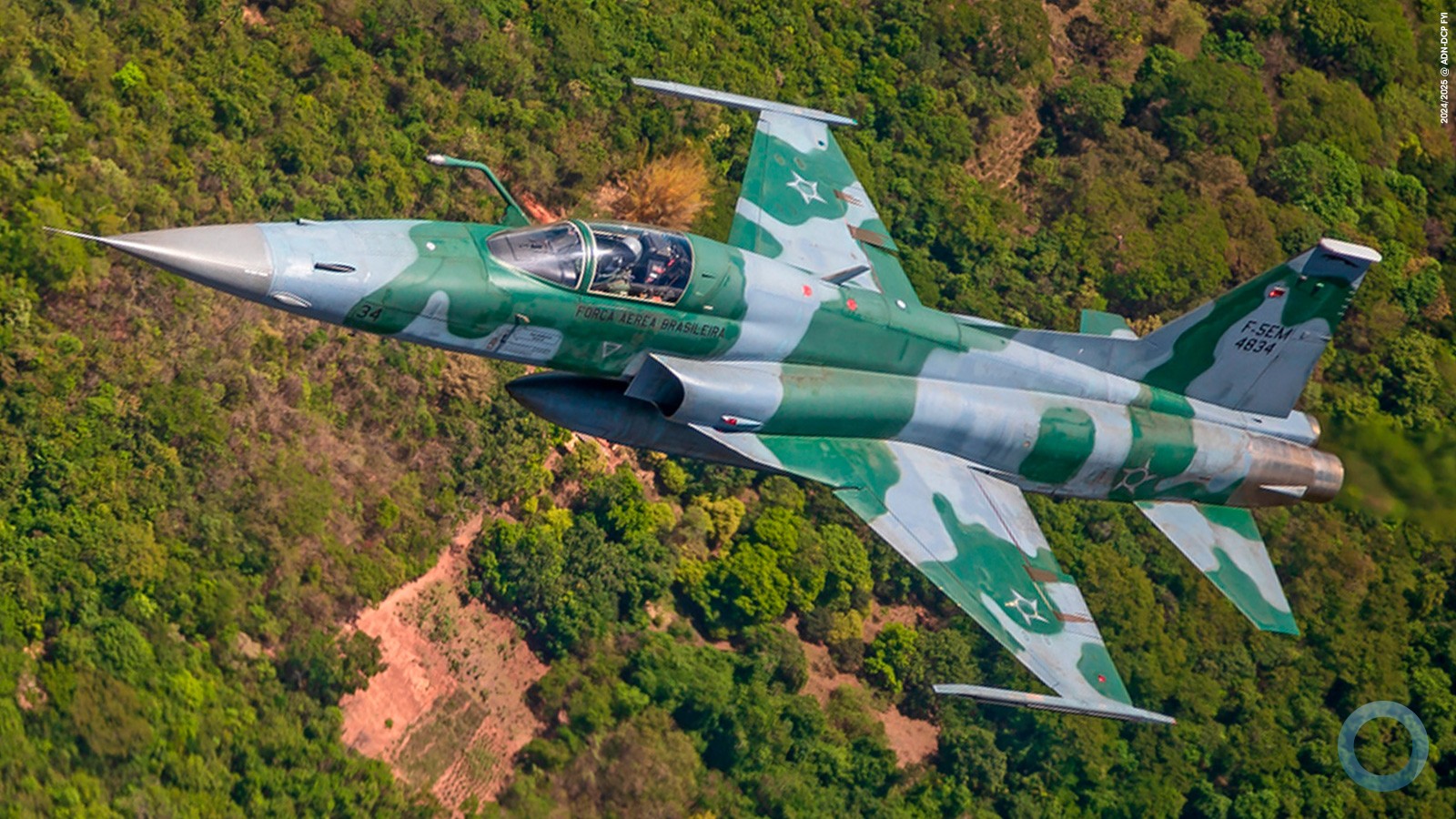Marcos Ommati
According to the Brazilian Marine Basic Handbook, conducting an amphibious operation requires the mobilizing of all necessary personnel, as well as the availability of sea, land, and air resources. Over time, and due to its peculiarities, the goal was to set up resources that would specifically match these needs. This led to the emergence of individual means for transporting troops, disembarking tanks, transporting disembarking vessels and amphibious vehicles, among others. Major General César Lopes Loureiro is the commander of the Brazilian Marine Amphibious Division which belongs to the Fleet Marine Squad (FFE, per its Portuguese acronym). FFE recently celebrated its 60th anniversary, and Diálogo interviewed Maj. Gen. Loureiro the day before the FFE’s celebration on February 16th, in a ceremony held at the Amphibious Division Command at Ilha do Governador in Rio de Janeiro. The interview took place the same day he was informed of his promotion to lieutenant general, under which he will assume command of the Fleet Marine Squad in a few weeks.
Diálogo: What does the Fleet Marine Squad’s 60th anniversary represent?
Major General César Lopes Loureiro: I see the last 60 years as a period of consolidation of a process that started in 1957 in a very incipient way but with great resolve to forge ahead. At the time of its creation, the Fleet Marine Squad was not expected to reach more than 500 troops but today we are already 6,000 strong, with men that are well equipped, trained, and very willing to do their duty. At the end of the day, the last 60 years represent a complete evolution from an almost “romanticized” force, to one that has become extremely professional. These days, the marines are the only voluntary military members in Brazil, from the force’s basic soldiers to its general commander. Our soldiers have to pass a very competitive public exam to be a soldier and, once approved, they still have to pass internal exams to be promoted to corporals and sergeants. Our ranked officers also have to pass nationally held exams to be admitted as officers, so this is not mandatory military service, it is completely voluntary. Everyone in the Marine Corps (CFN, per its Portuguese acronym) is a volunteer – this is the corps’ main and most important characteristic. Over the last 60 years, we were able to build our reputation, professionalism, and the force that we have today.
Diálogo: You were just notified by Brazilian Navy commander, Admiral Eduardo Bacellar Leal Ferreira, that you will surrender command of the Amphibious Division in order to assume command of the FFE, thereby replacing Brigadier General Alexandre. What was your greatest challenge during this year as commander of the Amphibious Division?
Maj. Gen. Loureiro: I think my greatest challenge was to keep the tradition that the Amphibious Division represents. As I said before, this progress was achieved with great effort and difficulty, in addition to a lot of investment and commitment from various generations of Marines, from the soldiers to the generals. So, when you take on the command of an Amphibious Division such as this, the greatest challenge is to preserve its legacy and live up to the responsibility of maintaining this high level of training, in addition to keeping the troops constantly ready.
Diálogo: The 37th edition of Operation Dragão [Dragon] was conducted at the end of 2016. Can you explain to us in more detail what this operation consists of?
Maj. Gen. Loureiro: Operation Dragão is an amphibious assault landing operation, which is one of the tasks required of us by the Navy’s basic doctrine. In fact, this is the only professional force that is able to do it, since it is an extremely complex operation involving ships, marines, aircraft – both fixed and rotary wing – naval fire support, communications, internal maneuvers, and sea maneuvers. We could say that, of all Navy-related operations, this is the most complex. For more than 10 years the Navy has not conducted this type of operation for various reasons, which includes lack of materials, financial reasons, other decisions that had to be complied with, and other commitments that had been undertaken. But last year we started again with its 37th edition. We overcame the challenge of spending more than 10 years not doing it. The operation was a success and the idea now is that we will conduct Operation Dragão every year.
Diálogo: Does it exclusively involve the Brazilian Marine Corps?
Maj. Gen. Loureiro: No. Operation Dragão is conducted only by the Brazilian Navy but with many countries observing. It is such a major operation that it attracts the attention of other countries’ forces. For example, we had the Americans, the Namibians, and the Chileans present.
Diálogo: Can you give us examples of other multinational operations?
Maj. Gen. Loureiro: In 2013, we conducted Operation Felino with Portuguese-speaking countries in Itaoca, in the state of Espírito Santo. In 2014 we performed Operation Bold Alligator with the U.S. Marine Corps, which included a ship from the U.S. Navy. In 2015, Operation Fraterno was conducted with the Argentinean Navy, including their marines.
Diálogo: We must not forget Operation UNITAS in 2015 when Brazil was the host country.
Maj. Gen. Loureiro: Exactly. That was the first time Brazil hosted it, and that was also an operation with positive repercussions, with the participation not only of the Brazilian Navy but also from representatives of the navies of the United States, Canada, and Chile. In 2016, we did not conduct any multinational operations, mainly due to scheduling restrictions. The Navy had a major role to play in guaranteeing the security of the 2016 Olympic Games in Rio de Janeiro. But our intention is to return to some of these operations in 2017.
Diálogo: How does the Amphibious Division participate in the United Nations Stabilization Mission in Haiti (MINUSTAH)?
Maj. Gen. Loureiro: The Amphibious Division comprises the infantry units of the Brazilian Marine Corps. I like to say that the Amphibious Division concentrates the Marine Corps’ combatant power. That being said, all these operational groups created for peacekeeping missions, whether in Brazil or abroad, are formed around the units of the Amphibious Division. So, the Amphibious Division participates in these operations through some of its military force and its units. In fact, it is the 3rd Infantry Battalion that right now comprises the MINUSTAH contingent in Haiti, and that goes to show the level of our participation. The majority of troops in Haiti right now are Amphibious Division personnel, in which the operational group’s power is centered.
Diálogo: Recently the Brazilian Navy announced that the São Paulo aircraft carrier will be decommissioned. What impact will this have on the Brazilian Marine Corps?
Maj. Gen. Loureiro: Having aircraft landing ships available to the Navy is of critical importance, because their presence allows us to carry out a series of Navy-related tasks, and other missions in which this type of vessel has a major role. So, it is really a pity that we are now decommissioning the ship. But the decision was based on the country’s current economic juncture: a study showed that the cost-benefit equation was not at all favorable. The fact is that the São Paulo carrier served us very well for over 15 years. During the initial years, it played an excellent role in revitalizing naval aviation. What we have to do now in the Navy, during this period before the acquisition of a new asset, is continue to carry on the required exercises by using other means and assets. This can be done with simulators on the ground, by employing the Naval Air Base, the participation of partner nation navies in these joint operations, allowing the use of other countries’ platforms, especially the United States and the United Kingdom. This would be a way to maintain the qualifications, both of the pilots and the marines who operate jointly with the airborne, and even the heliborne aviation divison. We can maintain this momentum and have it as a Navy objective, so one of our priorities is to obtain a new and equivalent system; the Brazilian Navy will certainly consider this a priority.
Diálogo: What is the most important thing you will take with you when you leave the Amphibious Division Command?
Maj. Gen. Loureiro: The feeling of accomplishment because I had a great opportunity at the end of my professional career to take on a command like this. It was extremely gratifying. Even though I was only 20 years old, I still remember when I presented myself at my first unit to serve as a second lieutenant. I came here to the Amphibious Division and I was welcomed by a general who was the commander. I eventually ended at the Riachuelo Battalion where I spent five years. I never imagined that one day I would be the commander of the Amphibious Division. The fact that this happened was a huge professional achievement. That is why I think what will remain with me is the feeling of joy and of accomplishment for heading this command, which, despite all the tribulations and difficulties, really was something extremely gratifying. I know I will have to leave soon to take on another job, but I will fondly remember and sorely miss this one.






